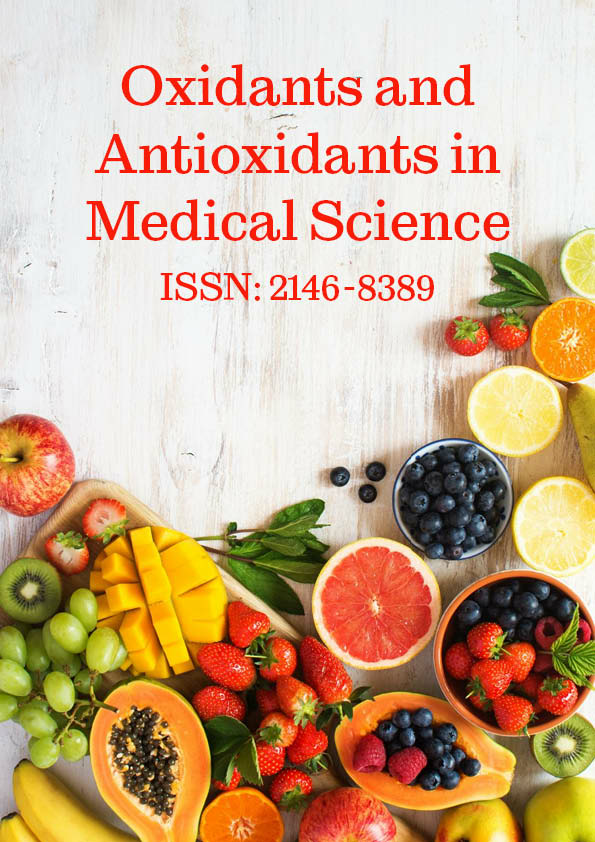Kolaviron protects against cisplatin-induced hepatic and renal oxidative damage in rats
Abstract
Tebekeme Okoko, Solomon Ameniyegba Ndoni
Kolaviron is an important bi-flavonoid complex isolated from Garcinia kola seeds which has been reported to possess significant bioactivities. Cisplatin is an antineoplastic drug, but tissue damage is a limiting factor to its chemotherapy. The effect of kolaviron on cisplatin-induced alterations of some biochemical parameters in rats was investigated. The research study included a control group (group I) that received neither cisplatin nor kolaviron while group II received only kolaviron (100 mg/kg/day) orally for the duration of the experiment. Rats in group III were given cisplatin (10 mg/kg/day) for three consecutive days intraperitoneally. In addition to the injection of cisplatin, rats in group IV were orally given kolaviron at 100 mg/kg/day for six consecutive days prior to the treatment with cisplatin, and for 3 days simultaneously with cisplatin. However, animals in group V were given kolaviron at 200 mg/kg/day for six consecutive days prior to the treatment with cisplatin, and for 3 days simultaneously with cisplatin. Thereafter, rats were anesthetized, dissected; serum and tissues were collected and analyzed. The intraperitoneal-administration of cisplatin (10 mg/kg) caused a significant increase in the serum levels of alanine aminotransferase, aspartate aminotransferase, alkaline phosphatase, blood urea nitrogen (Urea), and creatinine indicative of liver and kidney damage. Cisplatin also increased the levels of thiobarbituric acid reactive species, tumor necrosis factor-alpha, and interleukin-6, while significantly reducing the expression of superoxide dismutase (SOD) and catalase (CAT) in both liver and kidney. However, oral administration of kolaviron (100 and 200 mg/kg) for 6 days prior and 3 days co-treatment with cisplatin significantly reversed the cisplatin-induced alterations close to the control levels. Apart from the expression of SOD and CAT in the liver, the effect of kolaviron was dose-dependent (p < 0.05). Treating the rats with kolaviron (100 mg/kg) alone only significantly enhanced the expression of SOD and CAT in the liver over control (p < 0.05). The results reveal kolaviron as an effective chemoprotective agent against cisplatin-induced tissue damage in rats which can be exploited pharmacologically.
PDF






